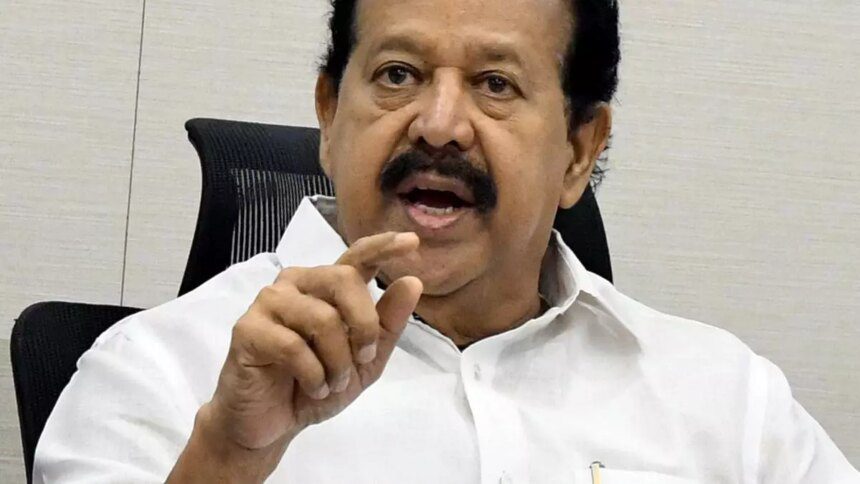The Tamil Nadu government is set to revise the Tamil Nadu Forest Act of 1882, which will be known as the Tamil Nadu Forest (Amendment) Act, 2025. This amendment will introduce Section 16-B, which mandates the designation of land used for compensatory afforestation as reserved forest. The bill was introduced by K. Ponmudy, the Minister for Forests, in the Assembly on Saturday.
The rationale behind this bill indicates that when any forest land is repurposed for non-forest activities, the responsible agency must provide a designated amount of land for compulsory afforestation. According to the guidelines issued by the Central government on January 24, 2023, regarding Accredited Compensatory Afforestation, this compensatory afforestation land needs to be declared as a protected forest within the specified timeframe.
However, the process outlined in Sections 4 to 16 of the Tamil Nadu Forest Act, 1882, for declaring any land as reserved forest (equivalent to protected forest) is complex and can be lengthy. To expedite the designation of compensatory afforestation lands as reserved forests, a special provision similar to Section 16-A of the Act has been proposed.
Currently, to classify an area as a reserved forest under the Act, the government must issue two notifications: the first under Section 4 to express their intent, and the second under Section 16 to officially designate the land as reserved forest. This two-step notification process has contributed to significant delays. Therefore, the Bill proposes to delegate the authority to issue the Section 16 notification to a designated officer within the Revenue Department, at least at the rank of District Collector.
Additionally, the Assembly approved several other bills, including an amendment to the Chennai Metropolitan Water Supply and Sewerage Act, 1978. This amendment introduces an officer from the Finance Department with the rank of Deputy Secretary to the board of directors, acknowledging the growing financial responsibilities the board must manage, particularly concerning high-value tenders. The bill was presented by K.N. Nehru, the Minister for Municipal Administration.
Moreover, the Assembly passed the Tamil Nadu Prohibition of Harassment of Women (Amendment Bill), 2025, introduced by Chief Minister M.K. Stalin. This amendment incorporates Section 7C, which allows the issuance of “protection orders” to prevent alleged harassers from contacting their victims. Such orders could restrict any form of communication, including personal, oral, written, electronic, telephonic, or indirect communications, as requested by the affected individuals. The amendment aims to address harassment occurring through digital and electronic platforms.
Finally, the Assembly also approved the Criminal Laws (Tamil Nadu Amendment Bill), 2025, also proposed by Chief Minister M.K. Stalin. This legislation seeks to amend the Bharatiya Nyaya Sanhita and the Bharatiya Nagarik Suraksha Sanhita as they apply within the state. Notably, the bill establishes a minimum of 14 years of rigorous imprisonment for those convicted of rape, increased from the previous minimum of 10 years. Additionally, if the offender is a police officer, the minimum sentence doubles to 20 years. In cases where the victim is a girl under the age of 12, the minimum penalty will be life imprisonment, with the death penalty as the maximum possible sentence.










